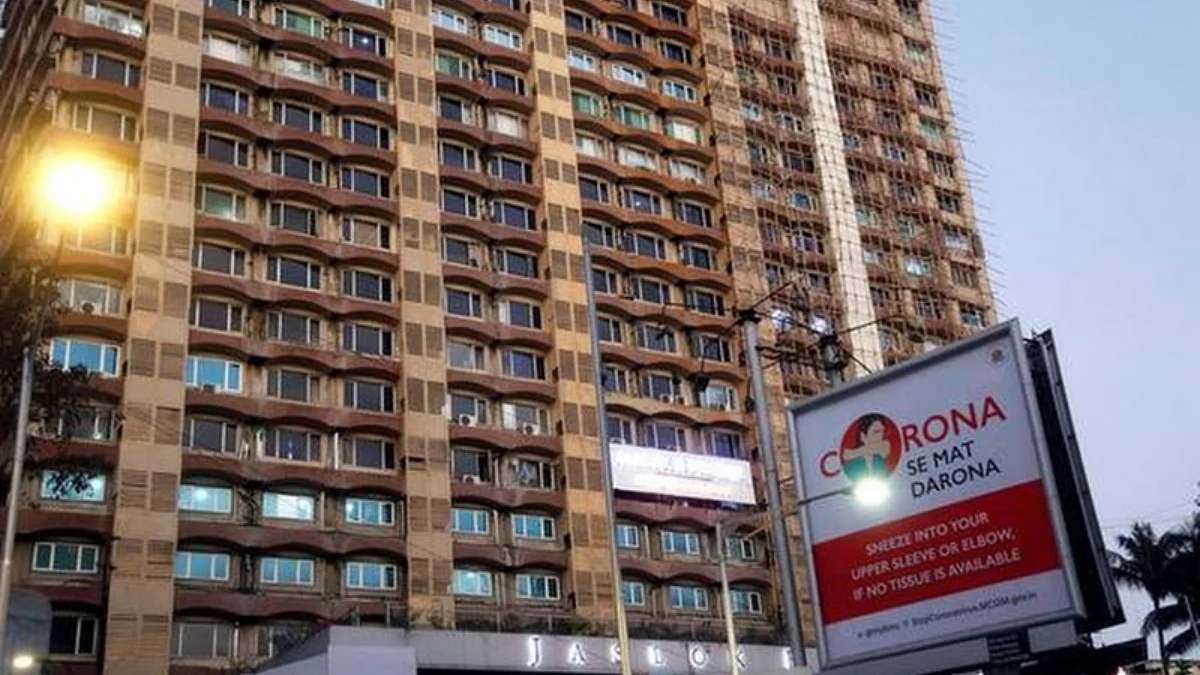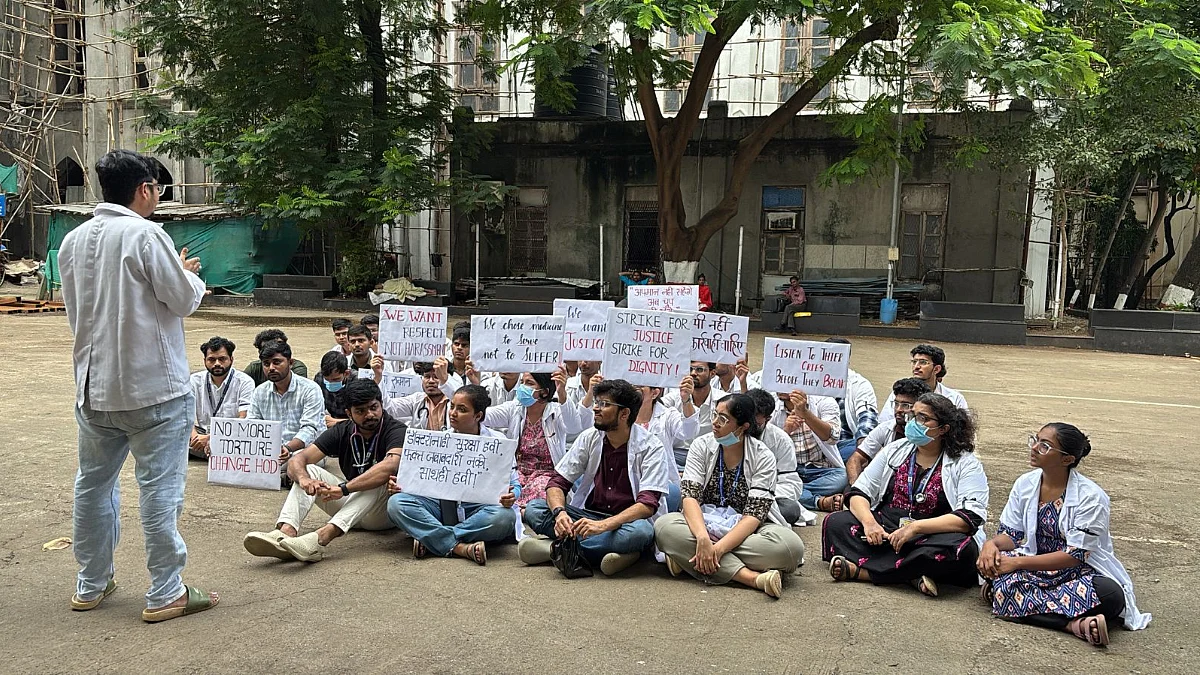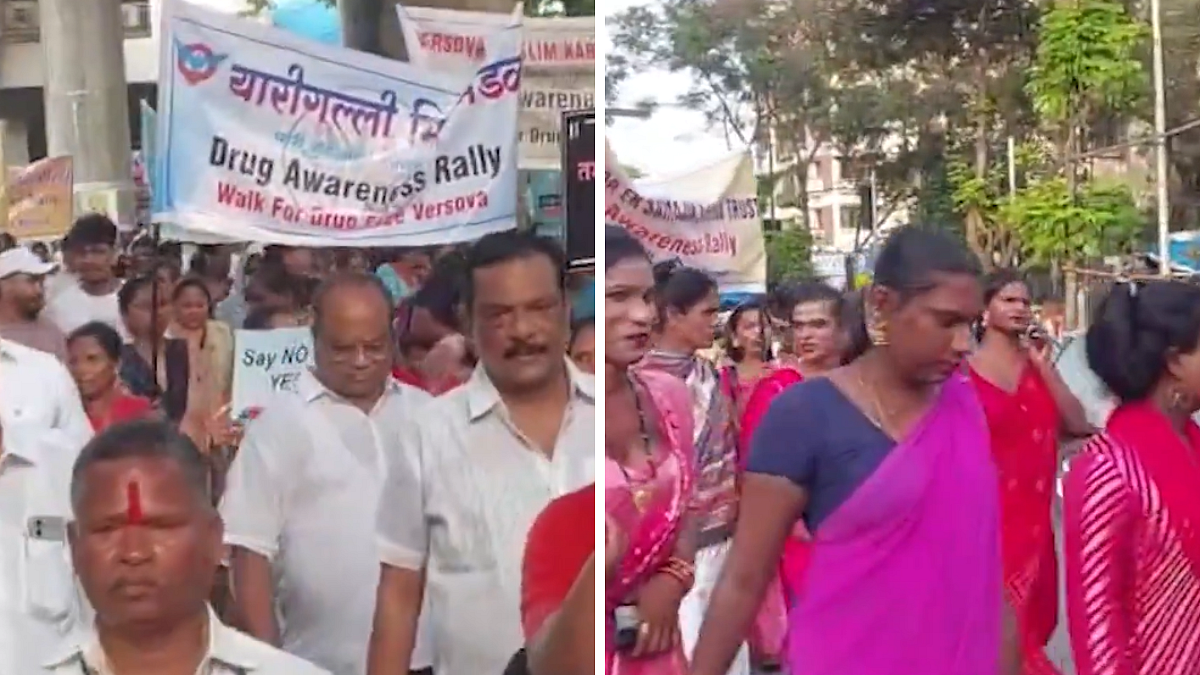The Bombay High Court has permitted construction on a land owned in Baramati by the Dawoodi Bohra Trust while staying the stop work notice issued by the Baramati Municipal Council in April 2022.
Court stays municipal council’s notice on a plea
The court stayed the municipal council’s notice on a plea filed by Syedna Mufaddal Saifuddin, who is the Dawoodi Bohra community’s leader.
“We do not see what purpose will be conceivably achieved by stopping construction of the project. If this is a question in whom in law the property is vested then that can be decided without stopping the construction,” said a division bench of Justices Gautam Patel and Kamal Khata on January 15.
The plea contended that the community had purchased the 10,700 square metres of land in Baramati in 1952. It was registered in the name of the Dawoodi Bohra Jammat Baramati, a registered trust, with Syedna Mufaddal Saifuddin as its sole trustee. The community had constructed a mosque and several commercial and residential buildings on the property for the benefit of economically weaker sections.

Considering that the building had become dilapidated, the trust, in March 2021, decided to redevelop the property and obtained the necessary permissions from the municipal council.
Redevelopment of property
The work commenced and a substantial portion of construction was completed. However, the civic body issued a stop work notice on April 8, 2022. It claimed that this was done following a communication from the Divisional Waqf officer, Pune, claiming that the property belonged to the Waqf Board and could not be developed without its prior approval.
Syedna’s counsel Shyam Mehta submitted that a government notification was issued in 2016 stating that all properties such as mosques, burial grounds, dargahs and heritage homes held by Muslim trusts would be governed by the provisions of the Waqf Act, 1995. The Waqf Board claimed ownership over the property because of the mosque, however, as per the Waqf Act and the 2016 notification only the mosque could be considered as a Waqf property and not the remaining portions and the buildings.
Mehta argued that the property was purchased for the trust and not for a religious purpose, i.e. for masjid, dargah, kabrastan or a heritage home. Hence, the provisions of the Waqf Act did not apply to it.
Court stays stop work notice
The court then stayed the stop work notice.

The bench also refused a request from the Waqf Board to restrain the trust from alienating any part of this after construction. “We decline to grant any such relief. Ultimately, the property is presently owned by a Trust. All use of the property will only be for those purposes and cannot be otherwise,” the bench said while keeping the petition for final hearing on April 26, 2024.









